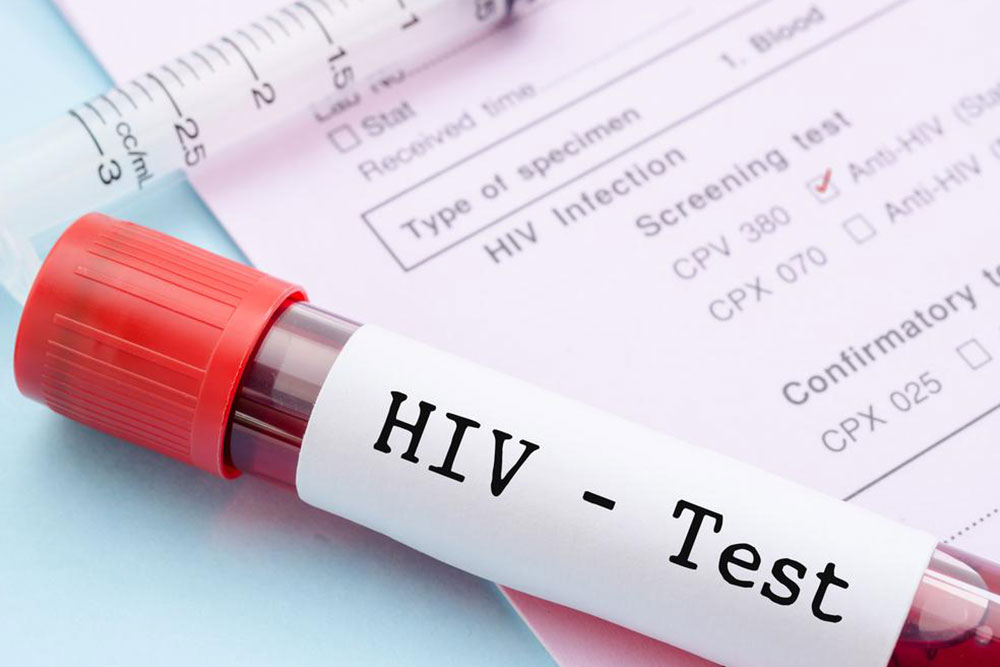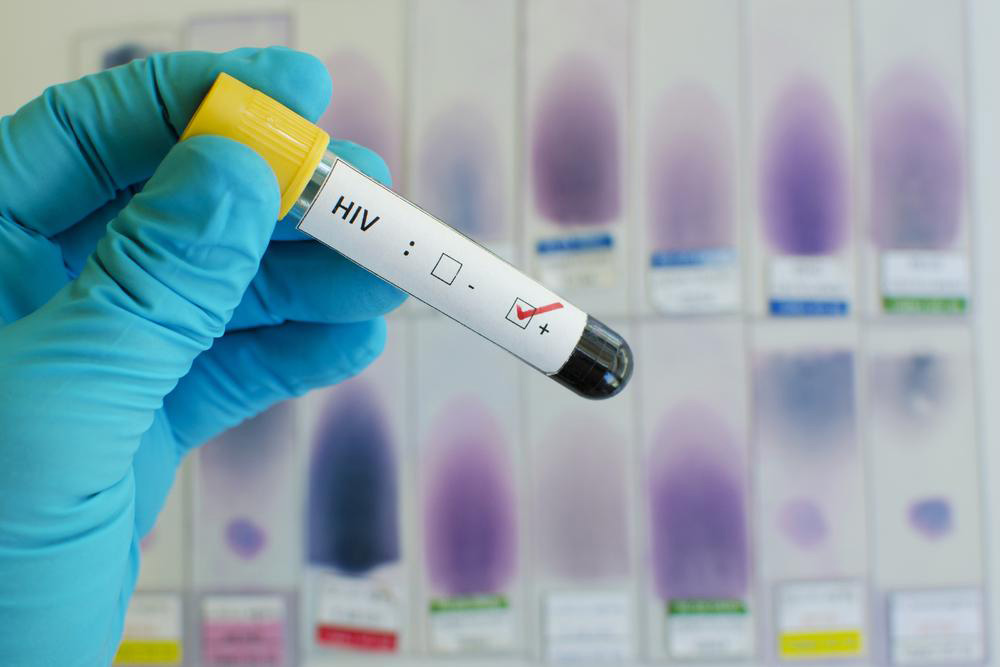Why Early HIV Testing is Vital for Your Health and Prevention
Learn why early HIV testing is essential for health management and prevention. Discover methods, benefits, and the importance of timely diagnosis to control the virus and prevent transmission. Accessible testing options empower informed health decisions and reduce HIV spread.

The Significance of Early HIV Diagnosis and Testing
HIV remains a sensitive subject despite widespread awareness campaigns, leading many to delay testing. In countries like the US, over one million people are living with HIV, with more than 56,000 new cases identified each year. Shockingly, roughly 1 in 5 individuals with HIV are unaware of their infection, which hampers timely treatment and increases transmission risks.
The Importance of Routine HIV Testing
Early testing enables prompt medical care, helping control disease progression. While a cure for AIDS is unavailable, effective treatments exist to manage the virus. Regular testing also minimizes the chance of unknowingly transmitting HIV, encouraging safer behaviors like condom use and safe blood donations. Understanding your status empowers better health choices and lifestyle management.
What Does an HIV Test Entail?
HIV testing usually involves blood analysis to detect the virus. Tests identify antigens and antibodies that indicate infection. Confirmatory tests are recommended if initial results are positive. Negative results typically require no further action unless advised. Today, HIV testing is simple and accessible, with options like home testing kits such as OraQuick and Clearview Complete HIV ½ test providing dependable results. Consulting healthcare professionals at reputable clinics offers personalized support, confidentiality, and guidance. Early detection remains key to managing HIV effectively, regardless of the outcome.


